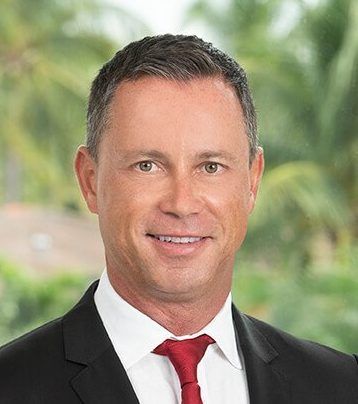While 2020 was tough at times, eCapital emerged in great shape, thanks in part to holding to a growth strategy set before the world ever hear of COVID-19.
CEO Marius Silvasan said the capital solutions provider to small- and medium-sized businesses in the United States, Canada and the United Kingdom was founded in 2006 and had some growth through 2010, which is when he bought into the company. Beginning on 2012 they began to complement their organic growth with a series of acquisitions including Gerber Finance in 2017, Paragon Financial in 2018, Accutrac Capital in 2019 and a quartet of companies in 2020, consisting of REV Finance Group, Advantedge Commercial Finance, Prosperity Funding and Bibby North America. Revenues increased by 60 per cent with bookings up 50 per cent. Based on the Q1 run rate 2021 could see 50 per cent again.
“From a company perspective we’ve done extremely well staying true to our strategy and continuing to execute our strategy,” Mr. Silvasan said.
Through its growth eCapital now works with 4,000 businesses across more than 80 industries, providing freight factoring, asset-based lending, equipment financing, factoring lines of credit, purchase order financing, specialty lending, invoice financing, inventory financing, and supply chain financing. In 2020 they provided more than $3.5 billion and have set a goal of doing $5 billion in business in 2021.

The key is automation of every possible process, Mr. Silvasan explained. eCapital has digitized the application process, provides client portals and enables applications and document transmission from mobile apps, which in particular benefits sectors such as trucking where operators can remain in the field instead of bringing documents back to the office for processing.
Technology also allows eCapital to connect to client data bases to validate the receivables and assess everything from confirming the client and debtor match on the documents to assessing ability to pay. eCapital builds interfaces with clients and interacts with more than 20,000 different companies. Even as most submit dozens or hundreds of invoices at a time, decisions can be rendered within hours.
At the beginning of the pandemic, Mr. Silvasan said there was a clear reduction in economic activity as people stayed home, businesses temporarily closed and people didn’t buy. Payments were outpacing new invoice purchases. Come May of 2020 it picked up as some businesses and states reopened. Following weeks of inventory shortages, companies began to build back up. Increased demand began to occur, thanks in part to government funding, which should help economic activity for the next year.
Additional growth will be coming as that funding subsides.
“As those monies are being used we’re now starting to see an increase in the amount of capital needed by our customers,” Mr. Silvasan said.
eCapital is focusing on industries offering a strong economic upside, Mr. Silvasan said. They include freight and logistics along with staffing firms, as companies address uncertainty by hiring contract and temporary workers. The restaurant and hospitality sector should soon join the list as the economy hopefully reopens.
Changing customer behavior during the pandemic has affected many businesses, especially because of online shopping, Mr. Silvasan observed. Retailers are building up stock after experiencing near-record lows and now need to increase them even more to serve online shoppers.
“I think we’re seeing the effects of that and those effects will continue over the next 12 months,” Mr. Silvasan said.
Now that eCapital’s acquisitions have been integrated into the larger whole, the company is prepared to focus on its goal of rising beyond $1 billion in trade receivables under management. That is the next step in a company that’s reached plenty of milestones over the past decade.
“We’re really emerging from 2020 as a much stronger business,” Mr. Silvasan said. “We’re emerging as a much more consolidated business, are really able to significantly expand in 2021 and really become a leader in non-bank lending in the three countries where we are financing currently.”









